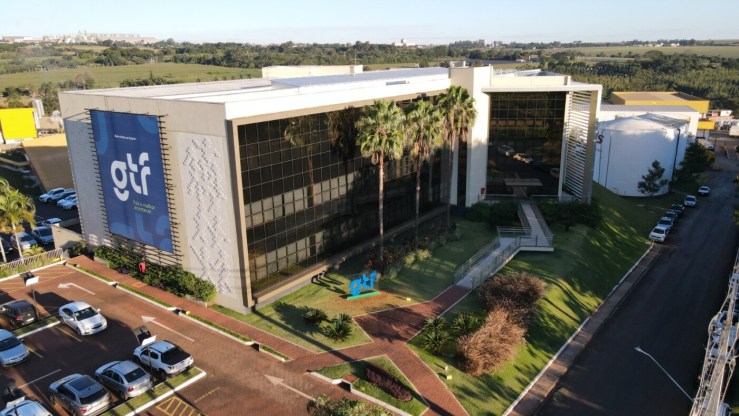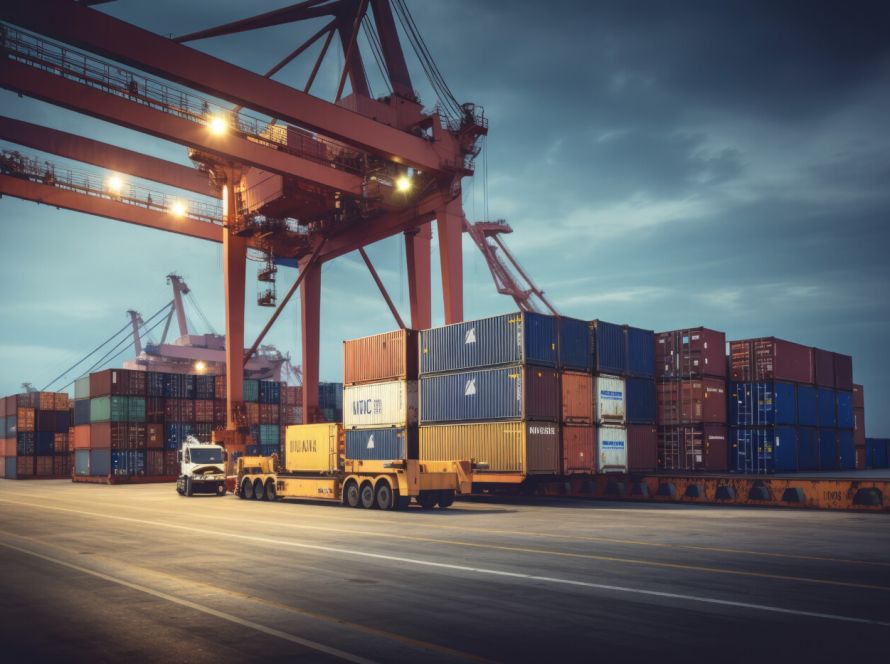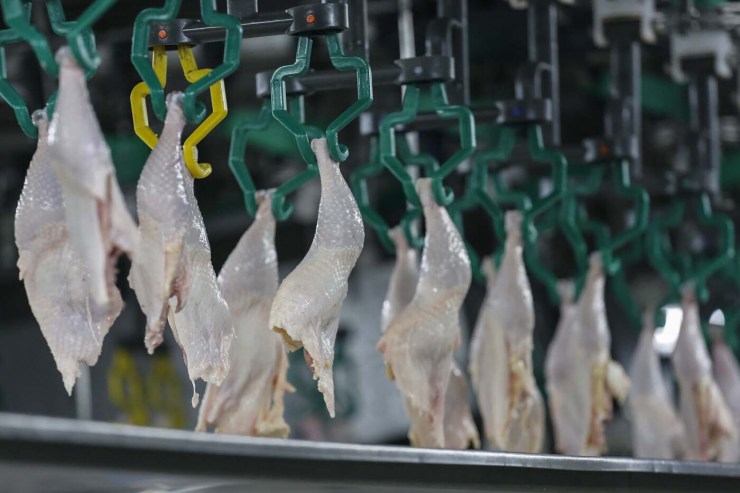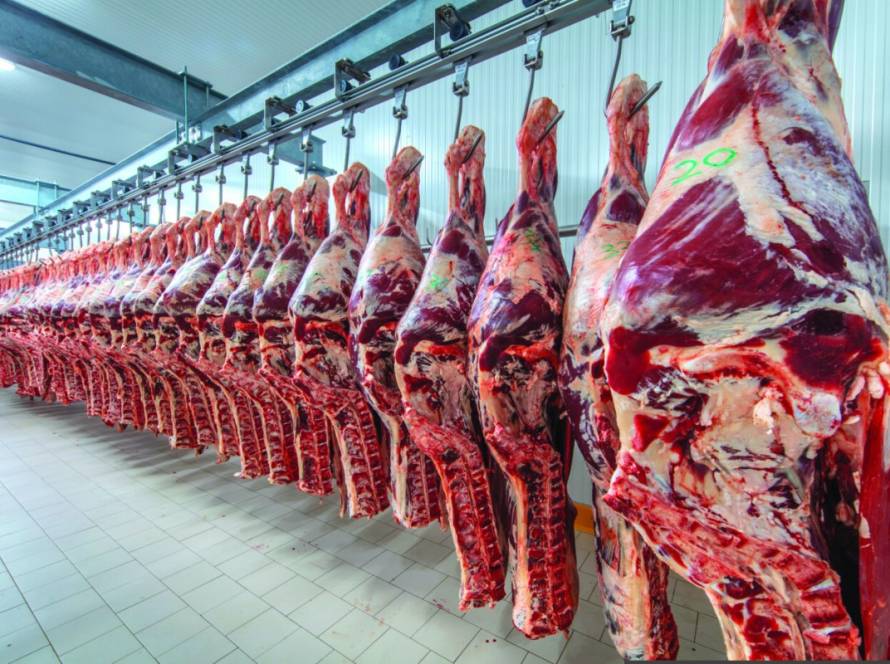With the end of the sanitary vacuum period this Wednesday (18) after a case of Highly Pathogenic Avian Influenza registered in the municipality of Montenegro (RS), the Poultry Organization of Rio Grande do Sul (OA/RS) will request support from the Ministry of Agriculture and Livestock (Mapa) for the resumption of exports of chicken meat and eggs.
Representing the poultry sector in Rio Grande do Sul, the entity expresses concern about the embargoes imposed on state poultry production, which have caused severe losses to the sector chain, and reinforces the need for access to markets. After 28 days, a time period determined by the World Organization for Animal Health (WHO), the affected area has not had any new records of the disease and the health case has been officially closed. Currently, 39 countries have embargoed the purchase of poultry products from Rio Grande do Sul.

Executive President of the Rio Grande do Sul Poultry Organization, José Eduardo dos Santos: “we are now entering a crucial stage for the resumption of markets and the lifting of restrictions” – Photo: Disclosure/Asgav
The poultry industry in Rio Grande do Sul is also requesting support from the state government to reiterate, together with the federal government, the request for the resumption of exports. The sector plays a fundamental role in the trade balance and in the state's socioeconomic development, and is strategic for Brazilian agribusiness.
“We are now entering a crucial stage for the resumption of markets and the lifting of restrictions. Therefore, we ask the official bodies and their leaders to conduct firm negotiations, based on the assertiveness of the actions carried out in Rio Grande do Sul, which managed to contain the spread of avian influenza”, highlights the executive president of the Poultry Organization of Rio Grande do Sul, José Eduardo dos Santos,
The actions to prevent the spread were successful and demonstrate Rio Grande do Sul's technical and operational capacity to face critical health situations, preventing the spread of the disease.
The integrated action of the State Official Veterinary Service (SVO), together with Mapa, plus the support of the production sector, was crucial to the success of the decisions taken. The use of information technology tools, such as the Animal Health Defense Platform (PDSA), was also essential to ensure agility and precision in monitoring and surveillance work in the affected region.
OARS and its associated entities reinforce the urgency of a strategic and differentiated diplomatic articulation, which ensures speed in the normalization of poultry exports. The sector is fully convinced that all the measures adopted to date demonstrate the commitment of the production chain and the Official Veterinary Service to sanitary responsibility, fundamental pillars to guarantee the safety of Brazilian poultry products.
“The State’s Official Veterinary Service, together with the Ministry of Agriculture, remains fully available to importing countries to present, with full transparency, all the actions implemented to control and eradicate the outbreak. In addition to the effective health response, Brazil maintains significant trade relations for the import of food and other products. This is the time to adopt a firm stance in international negotiations, in search of quick and effective solutions for the poultry sector in Rio Grande do Sul and Brazil,” Santos emphasizes.





